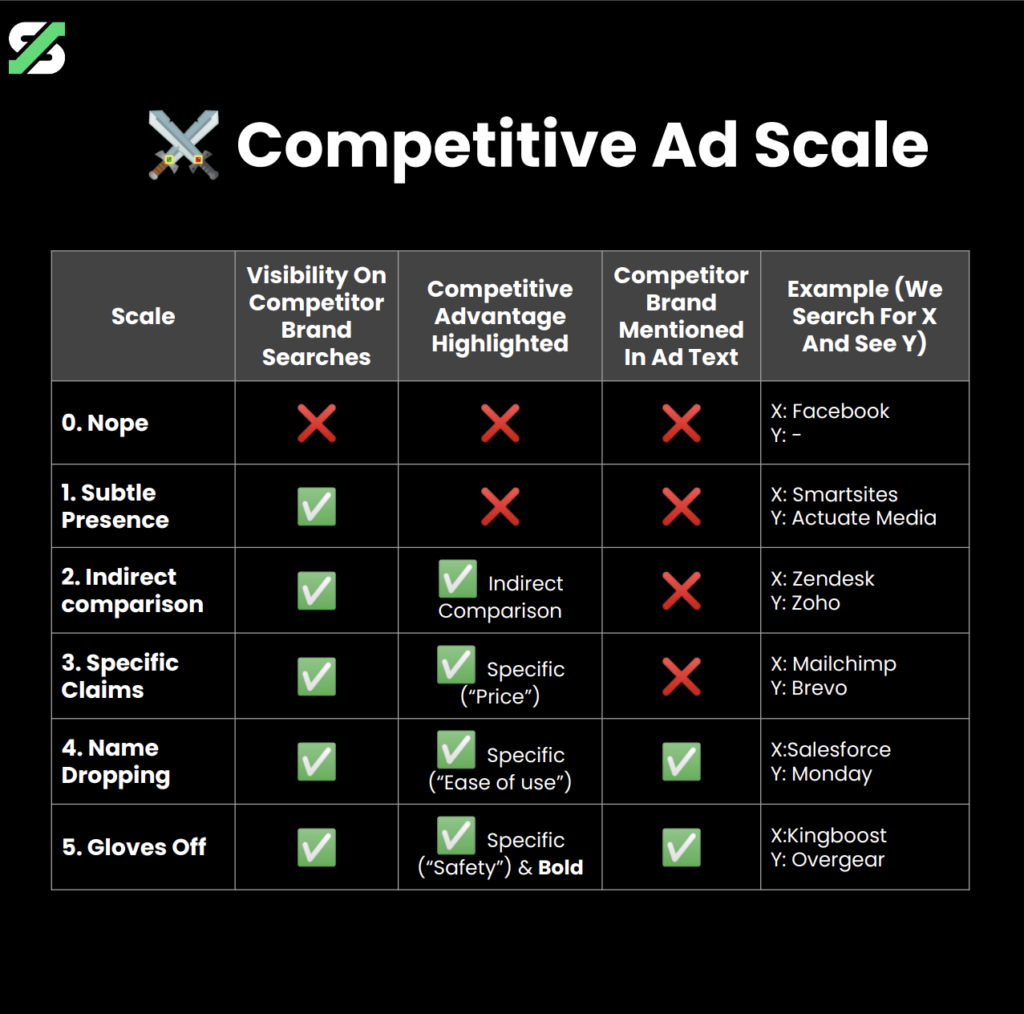Google lets you do this, but should you?
In some industries, like gaming boosting services, companies aggressively mention a competitor in ad copy, accusing them of scamming clients. In others, such as certain professional services, merely appearing in searches for a competitor's name can lead to legal threats.
The real question is about the extent of engagement in such tactics. I've compiled a simple 0-5 scale to measure the intensity of competitive ads:
0️⃣ Nope: Avoiding this strategy. No visibility in competitive searches.
1️⃣ Subtle Presence: Appear in competitor searches without referencing them.
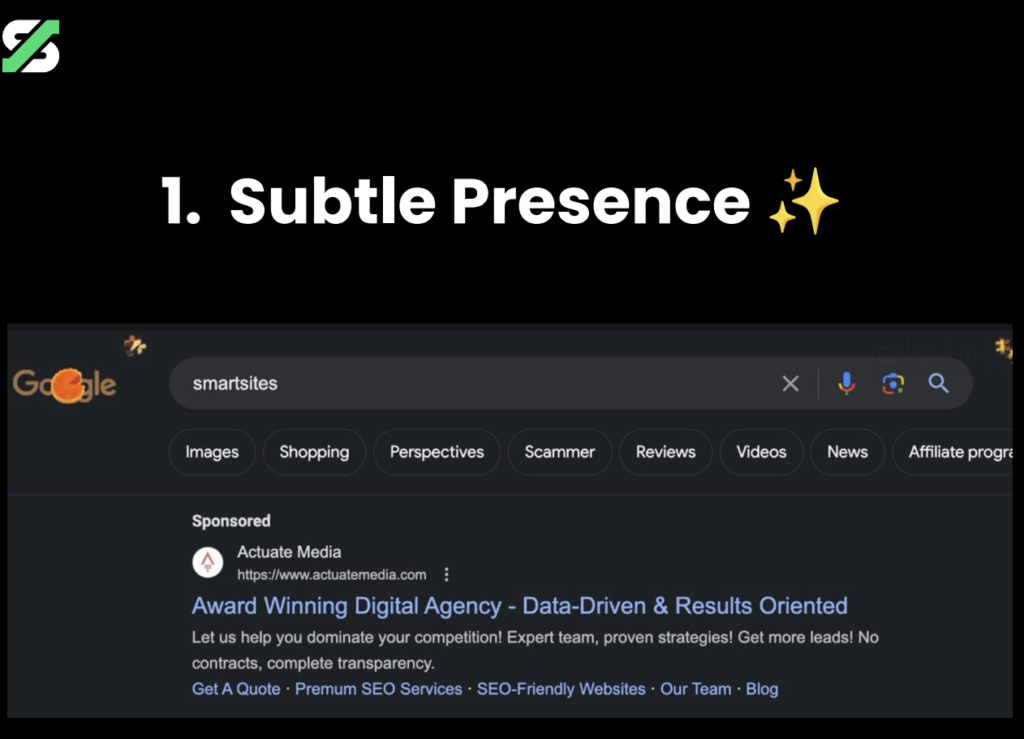
2️⃣ Indirect Comparison: Ads suggest your product as the superior option in the category.
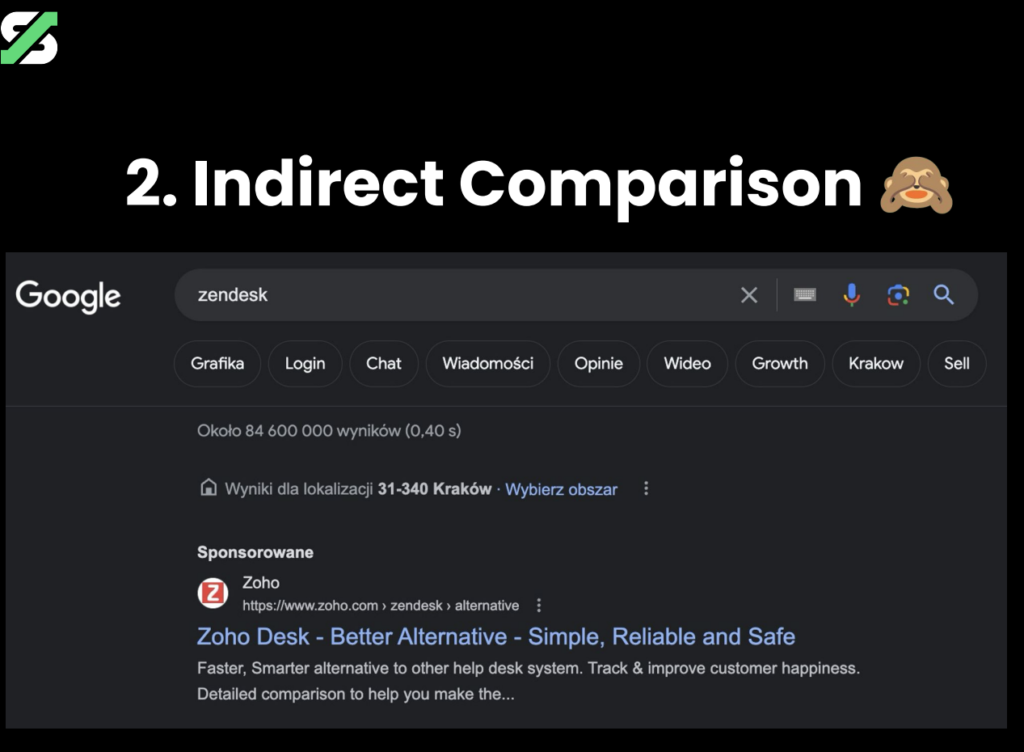
3️⃣ Specific Claims: Ads implicitly highlight your advantages (cost, ease, etc.)
without naming competitors.
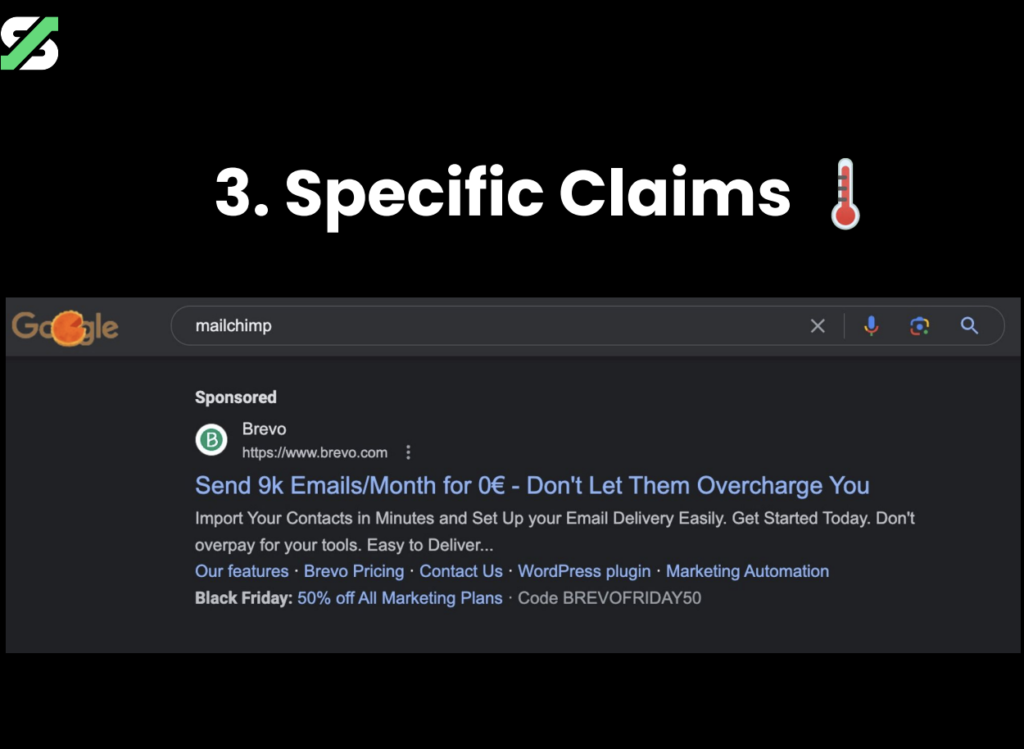
4️⃣ Name Dropping: Directly mention competitors and assert your superiority.
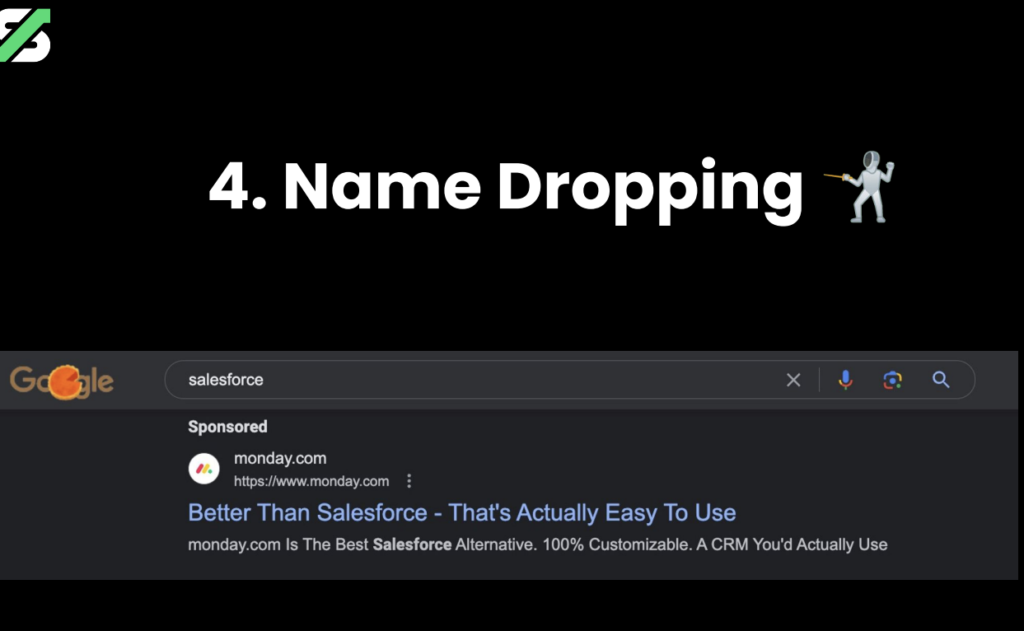
5️⃣ Gloves Off: Aggressively challenge competitors by name.
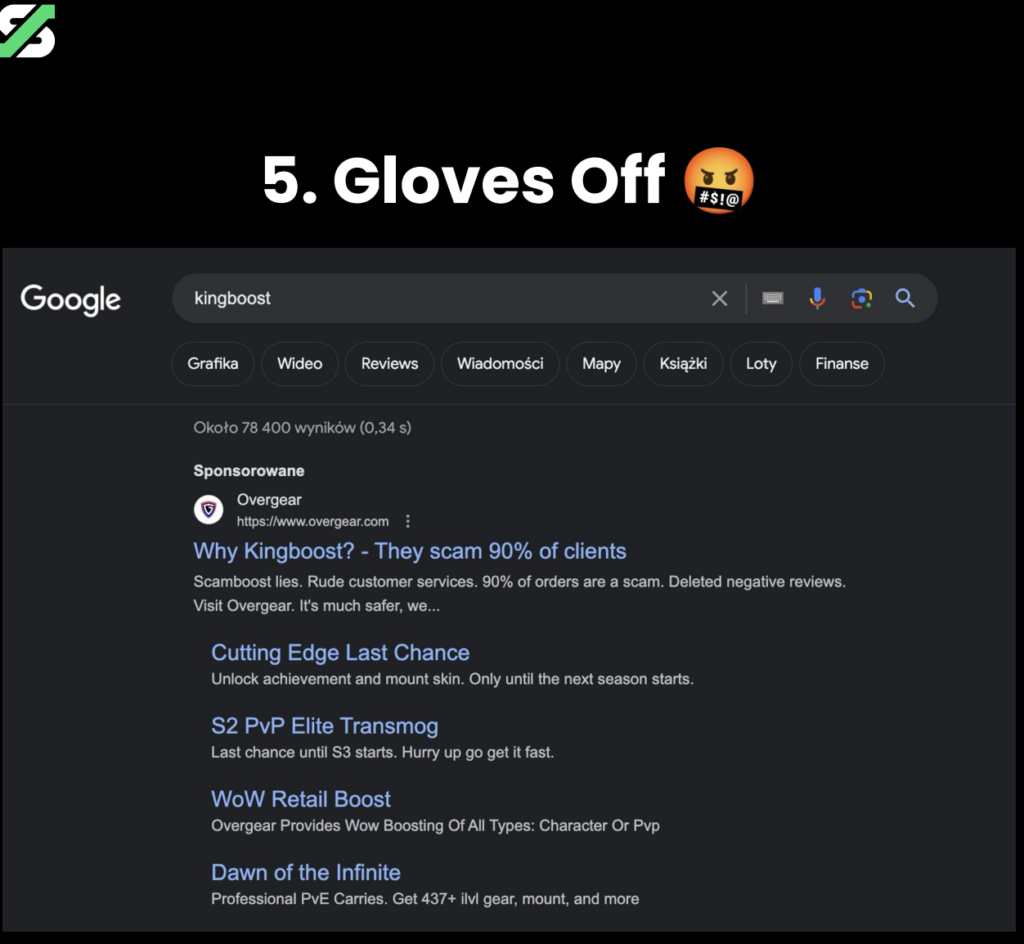
Choosing the right option for you involves several considerations:
✅ Evaluate industry norms as a baseline. If the industry standard is 0, don't escalate to 5. Conversely, if it's 3 and competitors target your brand, consider a similar level.
✅ Initiating this strategy may provoke retaliation. Are you prepared for competitors to mirror your tactics?
✅ For ongoing campaigns, target searches for "alternatives to [Competitor]" rather than directly targeting the competitor for better effectiveness.
✅ Using a competitor's brand in your ad copy carries legal risks. These vary based on industry norms and brand recognition. (In most cases though, it starts with a warning sent via email or postage.)
✅ Decide where to direct your traffic: a main page or a comparison site. If the latter, use publicly available data like pricing and ratings. Try to be objective - acknowledge competitor's strengths where appropriate.
It's not a straightforward decision; it's a spectrum. How far will you go?
